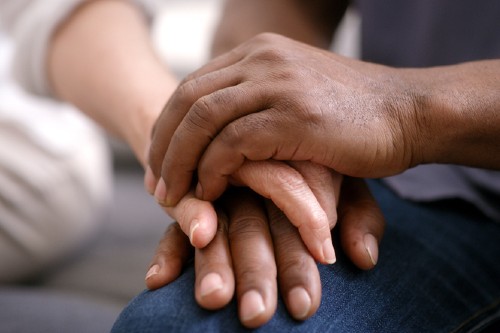
Self-harm remains neglected worldwide, with at least 14 million episodes yearly. A new Lancet Commission, led by University of Bristol researchers, urges policy action on societal drivers and health services' response to this pressing issue. The report, involving an international team of experts, is published today [9 October].
Self-harm is not a psychiatric diagnosis; it is a behaviour shaped by society, culture, and individual factors. The social determinants of health, particularly poverty, heavily influence the distribution of self-harm within communities.
This new report highlights that at least 14 million episodes of self-harm occur each year[1], with the greatest burden felt in low- and middle-income countries (LMICs) and a higher incidence among young people. However, the authors suggest that this figure is likely an underestimate as people who self-harm often do not present to health services and there are few routine surveillance systems.
They also describe how attitudes lacking empathy, including in healthcare settings, can compound stigma around self-harm and keep people from seeking help. The report's authors call on governments to recognise the public health impact of self-harm, and the need for mainstream and social media outlets need to report and publicise information about self-harm responsibly and sympathetically.
Paul Moran, Professor of Psychiatry and Head of the Centre for Academic Mental Health in the Bristol Medical School: Population Health Sciences (PHS) at the University of Bristol, and the Commission's lead author said: "Self-harm signals deeper distress and affects millions globally, especially young people, yet it remains neglected due to stigma and lack of resources. This must change so that more people receive compassionate, tailored support."
Report
'The Lancet Commission on self-harm' by Paul Moran, Helen Christensen et al. in The Lancet






